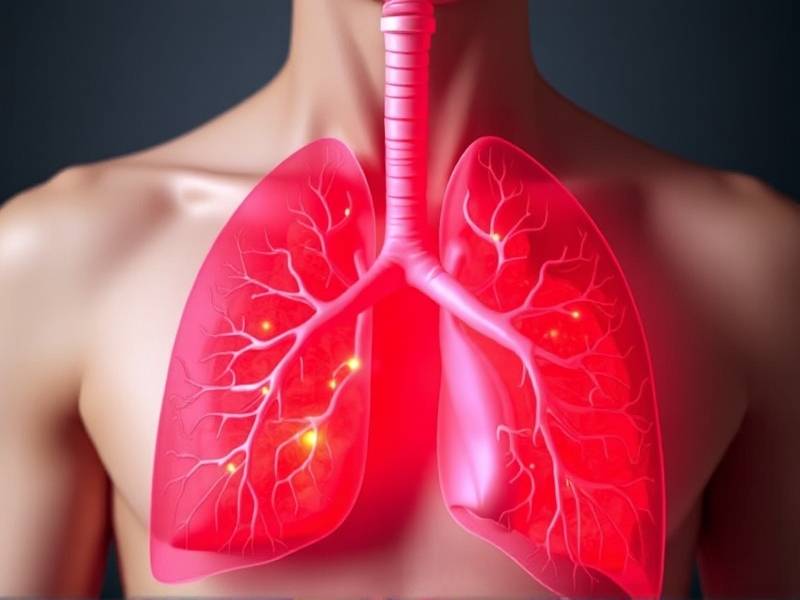Why Do Your Lungs Hurt After You Quit Smoking?
Why Do Your Lungs Hurt After You Quit Smoking? Unveiling the Truth
Introduction: Quitting smoking is a significant step towards a healthier lifestyle. However, many individuals experience discomfort, including lung pain, after they quit. In this article, we delve into the reasons behind this phenomenon and shed light on how to alleviate the discomfort.
- The Healing Process When you quit smoking, your body starts to heal from the harmful effects of tobacco. One of the primary reasons for lung pain after quitting is the healing process itself. Here's why:
a. Cilia Restoration: Smoking damages the tiny hair-like structures called cilia in your lungs. These cilia help to remove mucus and debris from your airways. When you quit smoking, your body begins to repair and restore these cilia, which can lead to temporary discomfort.

b. Inflammation Reduction: Tobacco smoke triggers inflammation in your lungs. Quitting smoking reduces this inflammation over time, but during the initial phase, it may cause some discomfort.
- Withdrawal Symptoms Quitting smoking can trigger withdrawal symptoms due to nicotine addiction. One of these symptoms is pain or soreness in the chest area, which may be mistaken for lung pain:
a. Nicotine Withdrawal: Nicotine is a potent stimulant that affects various parts of your body, including your respiratory system. When you stop smoking, nicotine levels drop rapidly, leading to withdrawal symptoms such as headaches and chest pain.
b. Stress and Anxiety: Quitting smoking can also increase stress and anxiety levels, which may manifest as chest pain or discomfort.
- Deeper Breathing When you quit smoking, you may notice an improvement in your breathing capacity due to reduced inflammation and better lung function. However, this change can sometimes lead to increased sensitivity to lung issues:
a. Increased Airflow: With improved lung function comes increased airflow through your airways. This heightened sensitivity can make you more aware of any discomfort or pain in your lungs.
b. Post-Quitting Coughing: Many individuals experience a cough after quitting smoking as their body clears out accumulated mucus and debris from years of smoking.
Conclusion: Lung pain after quitting smoking is often a sign of healing and improved lung function. By understanding the reasons behind this discomfort and adopting appropriate measures to alleviate it, you can make the transition to a smoke-free life more comfortable and enjoyable.

Remember that seeking support from healthcare professionals or joining a support group can provide additional guidance and encouragement during this journey towards better health.
Note: This article aims to provide general information about why lungs hurt after quitting smoking and should not replace professional medical advice or treatment.
